Originally posted by Carlin
View Post
"Prior to 1865, Vlachs everywhere in the Peloponnese"
Collapse
X
-
Last edited by Carlin; 01-29-2017, 11:47 PM.
Comment
-
-

MELETIOU GEOGRAFIA PALAIA KAI NEA, Venice, 1728 ----> "Later came Vlachs from Dacia, namely Great Wallachia, and inhabited the Taygetos in Peloponnese."
Taken From: Documents inédits relatifs à l'histoire de la Grèce au Moyen âge publiés ... By Konstantinos N. Sathas.
PS: Unrelated to above
Traditional Vlach-Wedding in Dafni
In Dafni, Municipality of Evrotas in Laconia, the great fasting of Lent enters the lives of locals in the most entertaining way.
Completing a series of events that preceded the previous days in the villages of Evrotas with many carnival celebrations, Dafni is the place that hosts the last event; the Traditional Vlach-Wedding.
Roughly to the west of Dafni we encounter such places/toponyms as: GOLA, GORANI and POLOVITSA. To the north-northeast there is GORITSA.
The toponym Polovitsa is interesting. Possibly (un)related but - in East Slavic languages and Polish, the Cumans were known as the Polovtsi, derived from the Slavic root *polvъ "pale; light yellow; blonde". Polovtsy or Polovec is often said to be derived from the Old East Slavic polovŭ (половъ) "yellow; pale" by the Russians – all meaning "blond".
Last edited by Carlin; 01-30-2017, 12:10 AM.
Comment
-
-
In the meanwhile I did find this. Chalcocondyles is available here (and in other not easily readable formats) but it needs a lot of effort to understand what he says and his sentences are one-page long.Originally posted by Amphipolis View PostNo, Chalkokondylis DOES NOT call the Taygetos residents 'Valaken'. This is another mistake by Benos that seems to come from a German (?) translation of Chalkokondylis, or I can’t really guess. So, again the article or reference would be useful.
In another post it is implied he says Vlaks and Vlachs at two different points, that's obviously a typo as Greek κ and χ are very close.
Comment
-
-

According to UNESCO, it is believed that at least half of the nearly 7,000 languages spoken around the world will cease to be used within the next 100 years. If this issue is neglected, people will lose not only their cultural heritage but also invaluable understandings about the history of all humankind. Endangered Languages of the Caucasus and Beyond includes the manuscripts of 19 papers that were presented at the 1st International CUA Conference on Endangered Languages, organized by the Caucasus University Association (CUA), at Ardahan, Turkey, on 13 to 16 October 2014. The articles address issues such as the state of the field of documentation, conservation and revitalization of endangered languages with special reference to the endangered languages in the Caucasus region and beyond.
Comment
-
-
Don't forget (among numerous others) -Originally posted by tchaiku View Post
Theodore Kavalliotis
Ioannis Chalkeus
Comment
-
-
The following are exact/verbatim quotes from Anthony Kaldellis, from the book "A New Herodotos: Laonikos Chalkokondyles on the Ottoman Empire, the Fall of Byzantium, and the Emergence of the West".Originally posted by Amphipolis View PostI hope this disgraceful sentence comes from you and not by Kaldellis. Laonikos Chalcocondyles was "essentially" or technically an Ottoman as much as Charles De Gaulle was a German.
https://en.wikipedia.org/wiki/Laonikos_Chalkokondyles
URL:
Page 126, heading "Laonikos as an Early Ottoman Historian":
The Histories may range from Britain to Mongolia, but Laonikos was first and foremost a historian of the Ottoman Turks. His narrative follows the sequence of the sultans, and the majority of his information is about the Turks and told from a Turkish vantage-point, including the capture of Constantinople. Yet academic specialization and linguistic barriers have relegated Laonikos to the Byzantine side of things, and so he remains underutilized by historians of the early Ottoman state, even when he provides evidence that would be central to modern debates, if only it were better known.
Page 127, continued:
Thus he can and should be regarded as an "Ottoman" historian, for all that he was writing in Greek and transposing what his sources told him into a classical idiom. Even through this filter, we can sometimes discern traces of Turkish tradition. Laonikos's importance as an Ottoman historian is, in fact, greater than most scholars might assume, given that he has now been dated to no later than the 1460s, with much of his research probably already complete in the late 1450s. This makes him one of the earliest Ottoman historians in any language.
It has long been understood that Laonikos had Turkish informants for Ottoman history, as he offers us information and traditions that are not recorded in Byzantine and western sources. We do not know whether he understood Turkish. It has been doubted on the basis of alleged errors, but they are few and concern technical terms or nuances (Yildirim is "Thunderbolt" not "Hurricane") - and he may have had reasons to render them the way he did. The question of the language in which he received Turkish traditions must, then, remain open. He himself claims to have had access to the sultan's budget officers (8.78) and to the contractors who ferried his armies across the Danube in 1462 (9.90). Marios Philippides has also suggested to me the possibility that Laonikos interviewed renegades, converts to Islam who became functionaries at the Porte, such as Thomas Katabolinos/Yunuz Beg, whom Laonikos mentiones once (9.84-85).
On one of the subsequent pages Kaldellis states:
Before launching into an analysis of the Turkish material in the first books of the Histories, it is worth noting that Laonikos made no use of prior Byzantine historiography on the Turks, whether the Turks of Central Asia in the early period (such as we find in Menandros), the Seljuks (in Ioannes Skylitzes), or the Ottomans (in Nikephoros Gregoras and Ioannes Kantakouzenos).Last edited by Carlin; 03-17-2017, 08:00 PM.
Comment
-
-
Last edited by Carlin; 03-19-2017, 11:32 PM.
Comment
-
-
Arvanitovlachs were (are) a branch of the 'Vlachs'. The other name of the Arvanitovlachs used to be Farsarioti or Farsalioti. There were several and numerous sub-groups or tribes of Arvanitovlachs themselves (such as the 'Karagounides') who extended themselves over many areas of Greece, including the Peloponnese.Originally posted by tchaiku View PostWhat is 'arvanitovlach'.
Some links and citations (simply sharing the resources found online):
- Greek Vlachophone Greeks blog
"For "Arvanitovlachs" we use the words "Farsarioti’ or ‘Frasarioti’ (village Frasari Premeti), ’Kestrinioti’ (Kostresi), ‘Zarkanioti’ (Zarkani), Goubliari (Kobliara), Pleasioti (Pleasa), ‘Koloniati’ (region Kolonia), Mouzikiarei (Mouzaki), Tsamoureni (from Tsamouria Thesprotia) and Mitsintonoi (Kefalovriso = Metsinde, Pogoni)."
 The majority of the Vlachs, when they define themselves in their own language, use the term "Arm'n-Arm'n”. This term is a ‘corruption’ (...
The majority of the Vlachs, when they define themselves in their own language, use the term "Arm'n-Arm'n”. This term is a ‘corruption’ (...
- Greek blogspot
 Blogger is a blog publishing tool from Google for easily sharing your thoughts with the world. Blogger makes it simple to post text, photos and video onto your personal or team blog.
Blogger is a blog publishing tool from Google for easily sharing your thoughts with the world. Blogger makes it simple to post text, photos and video onto your personal or team blog.
- Society Farsarotul, founded in USA in 1903
"Our own acquaintance with the Vlachs began quite by chance. In the winter of 1909-10 we were travelling in southern Thessaly in the district between Almiros and Mt. Othrys in search of inscriptions and other antiquities. In Almiros itself and in one or two of the villages to the west are a number of Farsherots or Albanian Vlachs who formerly came from Pleasa. We happened to employ one of these as muleteer and from him began to learn a few words of Vlach." -- Wace & Thompson, Nomads of the Balkans (1914)Last edited by Carlin; 03-26-2017, 09:35 AM.
Comment
-
-
Originally posted by tchaiku View PostIf Vlachs were the majority in Peloponnese, Thessaly and Epirus why do maps indicate a Greek majority in those regions. Also in Asia Minor that is. I am talking about 19th century. I will quote you, and your post #424 in this thread:
I will quote you, and your post #424 in this thread:
Athens This question has been asked several times, and should be addressed properly once and for all. While I will agree that pockets of Romaic-speakers lived in what were to become the domains of the modern 'Hellenic' state and elsewhere in the Balkans, particularly where it concerns the main trading areas (where as it so
Some conclusion from earlier posts in here:
-The Vlachs-Greeks were speaking the Greek lanaguage of Byzantine Empire (Romania) bilingualy with their native language.
- They migrated later than Albanians.
From Pindos mountains.
-It is possible that they migrated in Epirus after the Slavs seeing the slavic toponyms.
If this holds true for Epirus & Northern Epirus, is it a stretch to assume the same for other nearby regions? Anyway, almost all of these 'Vlachs'/Vlachophones identified themselves as Romaioi and neo-Hellenes - just like they did in Northern Epirus and Macedonia. Many of them already spoke Greek by the 19th century (and likely abandoned their native Vlach). It was a process SELF-Hellenization.
1) Sir Arthur J. Evans
"It is an unpleasant duty to have to tell one's friends home truths, but the Greek claim to Macedonia, at least as regards the greater part of the interior of the country, is a dream. In some of the towns there is a fair Greek population, but even in that case, as in Monastir, for example, the statistics rest on an artificial basis. The truth is that a large number of those described as Greeks are really Roumans. Till within recent years Hellenism found a fertile field for propaganda among the representatives of the gifted Romance speaking race of the Pindus region. Today Janina has quite forgotten its Rouman origin, and has become a center of Hellenism."
Sir Arthur Evans was wrong because this was a process where Vlachs willingly and actively participated, and SELF-Hellenized. The thing he was correct about is the that the Greeks were mainly Vlachophones and Bilinguals, but he jumped to conclusions regarding their ethnic and national sentiments.
2) David George Hogarth (page 153, "The Nearer East"):
"Boeotia, with Euboea, is largely in the hands of Toskh Albanians; Thessaly in those of Vlachs and Anatolians, introduced from Konia about the tenth century; and Macedonia, north of Vistritza, in those of a blend of Slav with Bulgar mixed further with Vlach and Anatolian elements."
What motivation would David George Hogarth have to assert that Thessaly is largely in the hands of Vlachs (and Anatolians mind you)?
3) The London Quarterly Review, published in April 1895 and July 1895:
"The Wallachians (Vlachs) ... are numerous in the Peloponnesus."
4) "Days in Attica", Ellen Sophia Bosanquet (published in 1914): According to this source, the Vlachs lived in a mountain range in the Athens area (Hymettus).
5) Source: Anonymi Descriptio Europae orientalis. Imperium Constantinopolitanum, Albania, Serbia, Bulgaria, Ruthenia, Ungaria, Polonia, Bohemia. Anno MCCCVIII exarata. Cracoviae, 1916: As per the anonymous traveler of Eastern Europe from the XIV century, it is stated that Vlachs (whom the author calls "Blasi"), are a numerous people living between Macedonia, Achaia and Salonika.
6) Source: Johann Thunmann, Untersuchungen uber die Geschichte der ostlichen europaischen Volker, I. Leipzig, 1774: The author states that Vlachs represent half the population of Thrace, and three quarters of inhabitants of Thessaly and Macedonia.
7) Testimonies from Cousinery, Pouqeville, Heuzey, Tertsetis, Frantzis, and Deligiannis confirm that the populations of Epirus, Aetolia, Akarnania, and Western Macedonia were mostly 'bilingual'.
8) A Czech author by the name of Jirecek found a Peloponnesian tribe as a 'Latin'-speaking populace that eventually became Greek-speaking (Gesty Pobulgarsky, Praze 1888 p. 220 and Das Furstentum Bulgariens 1891 p. 119).
9) In 1605 AD, half of Thesaloniki's Christian population was of Vlach origin.
10) Constantine Buhayer (University of Westminster, London): Many of the Greeks of Crimea were Ellino-Vlachi.Last edited by Carlin; 03-30-2017, 11:17 PM.
Comment
-
-
Carlin could it be that those Vlachs were romaniansed Hellenes? I personally can easily tell a stereotypical Greek face.
This guy has a Vlach surname:
Kostas Chalkias
Really thick black eyebrows, dark hair.
Many Greeks as well politicians tend to have those features.Last edited by tchaiku; 07-20-2017, 11:05 AM.
Comment
-
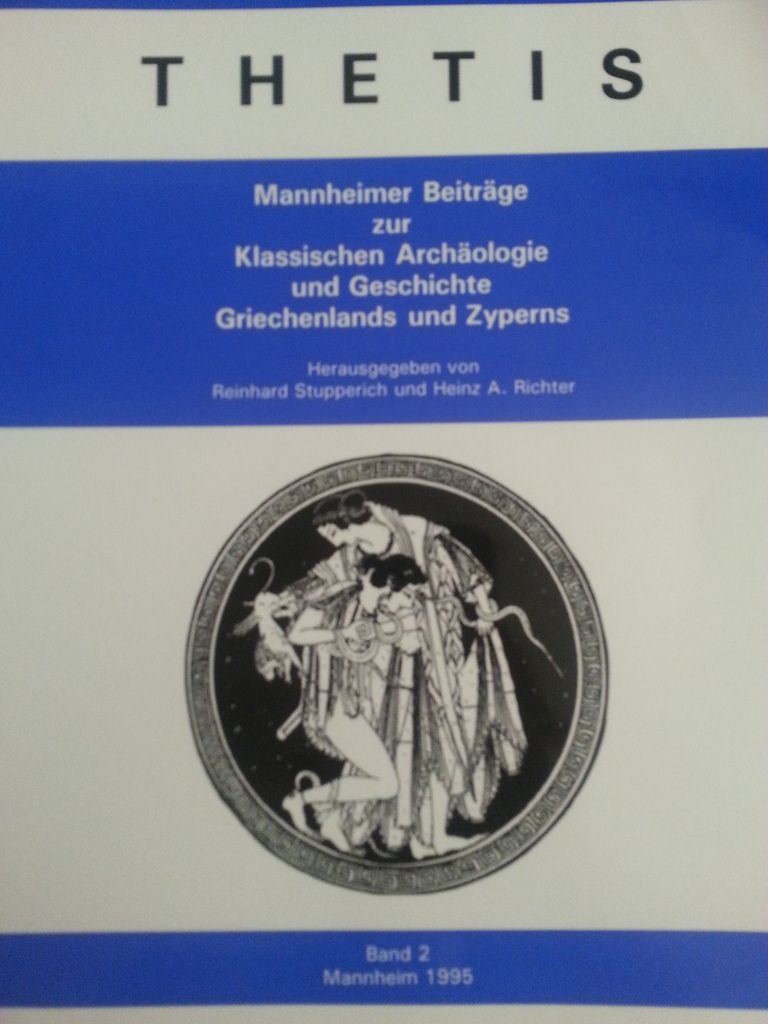
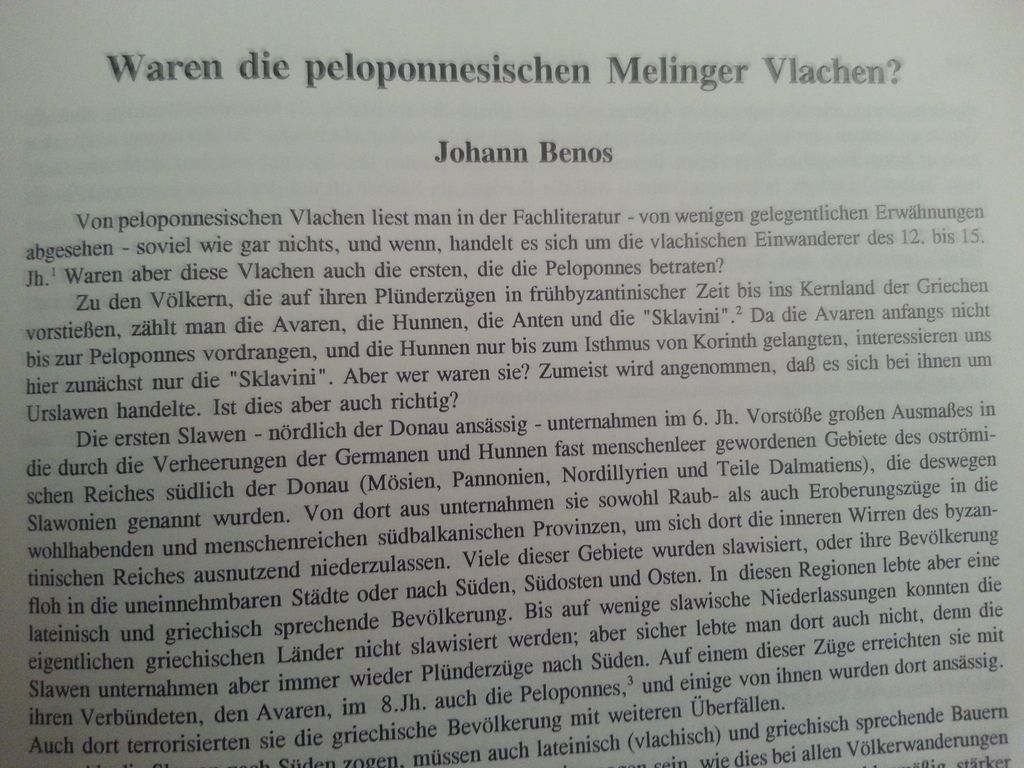
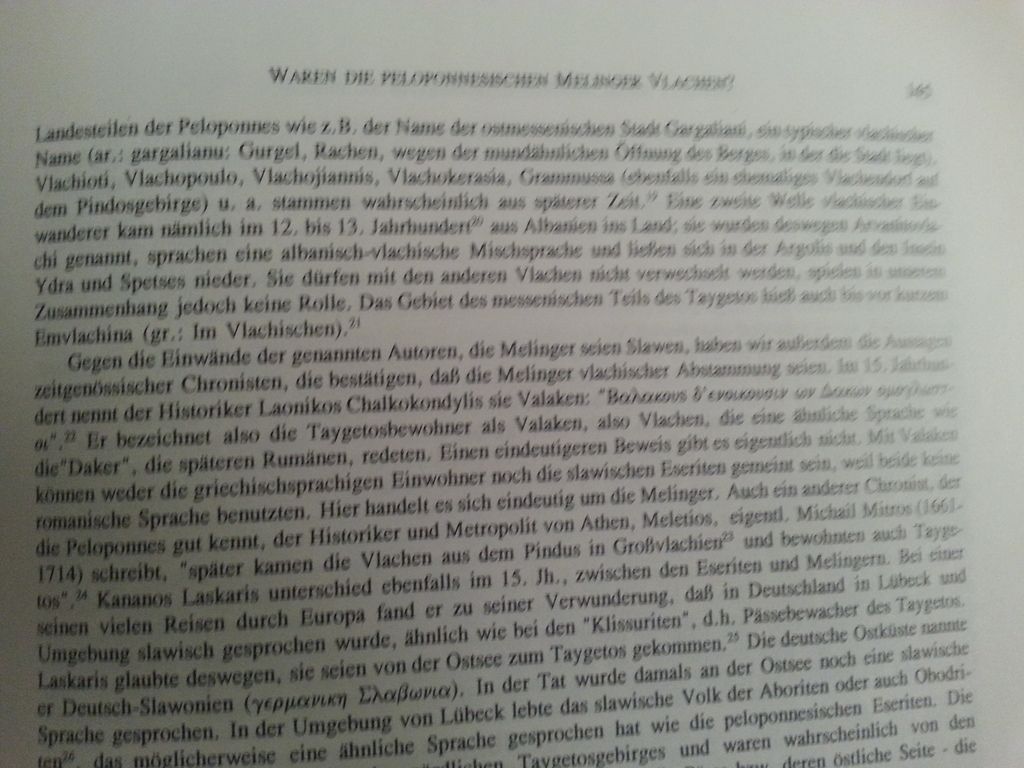



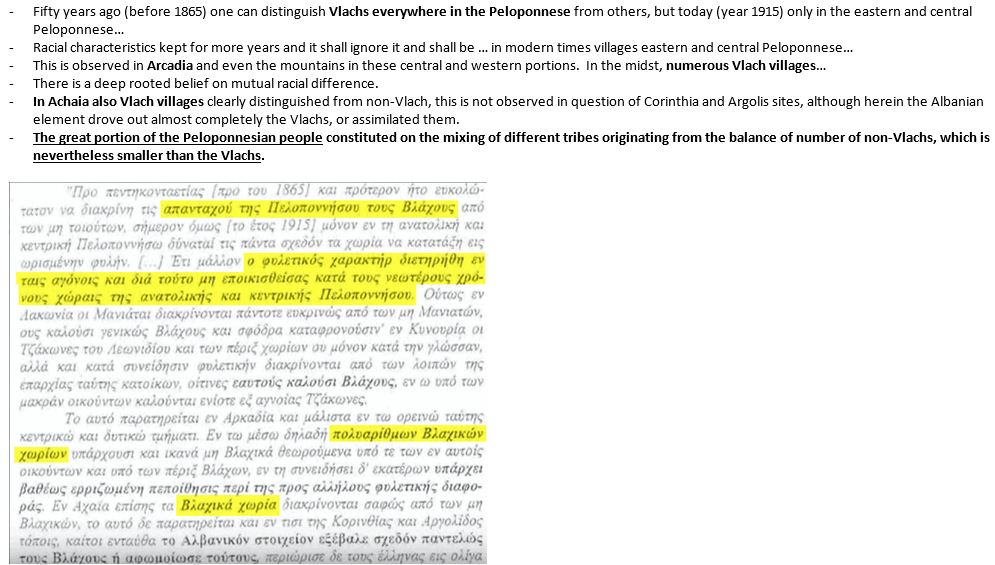
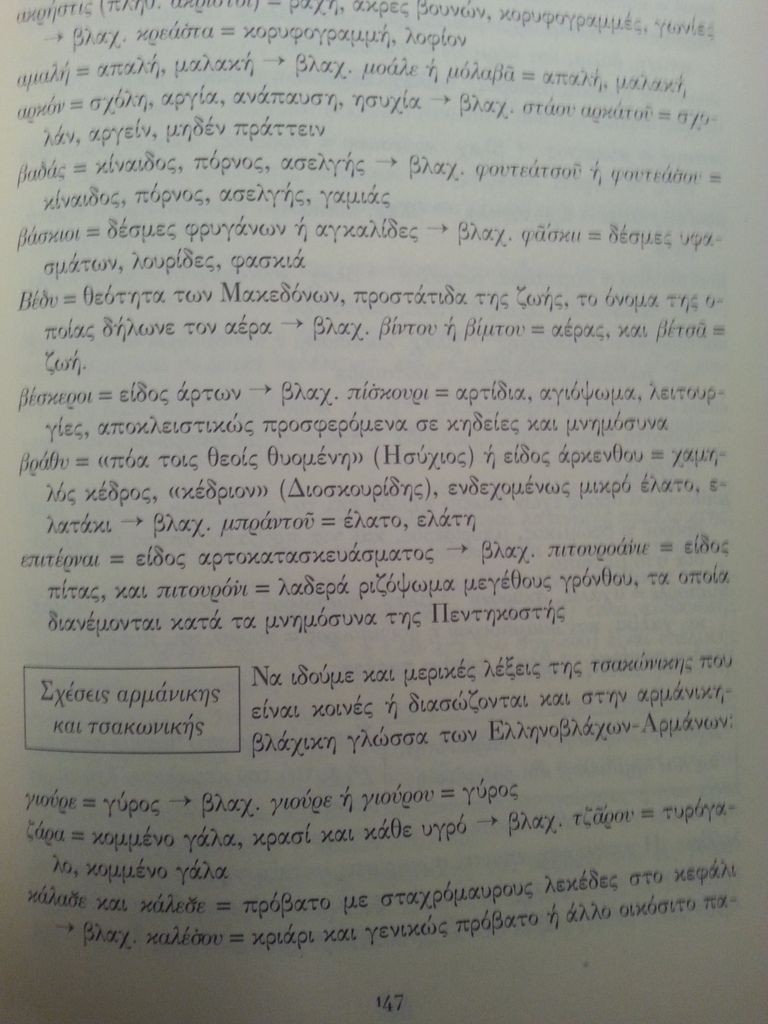
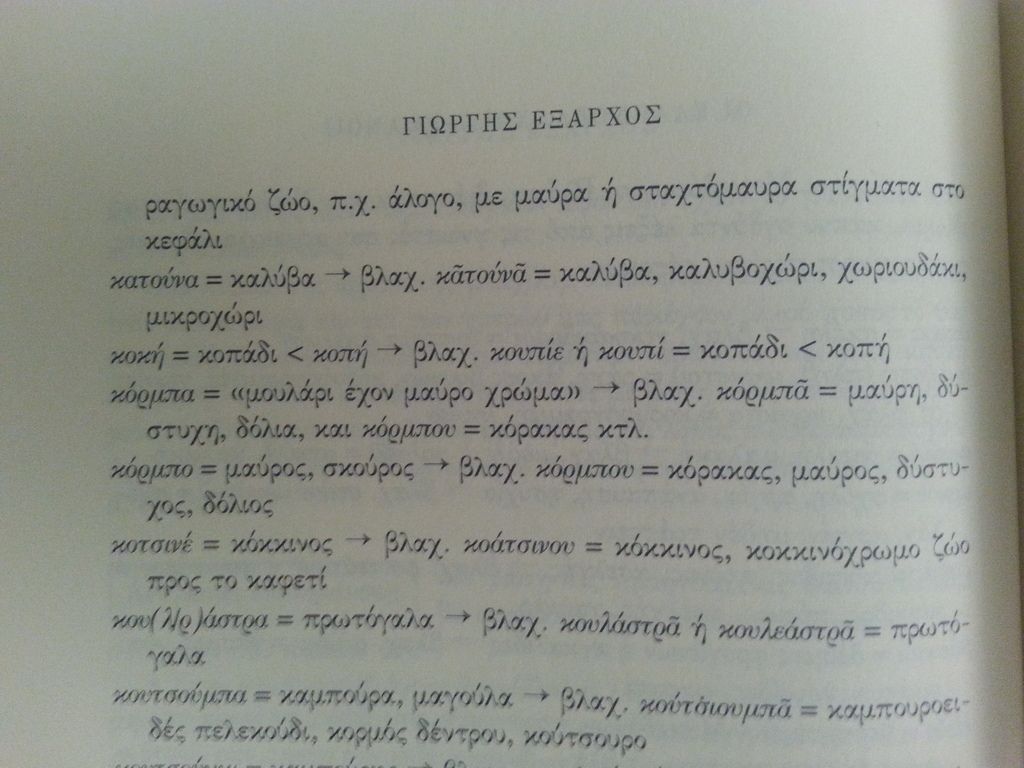
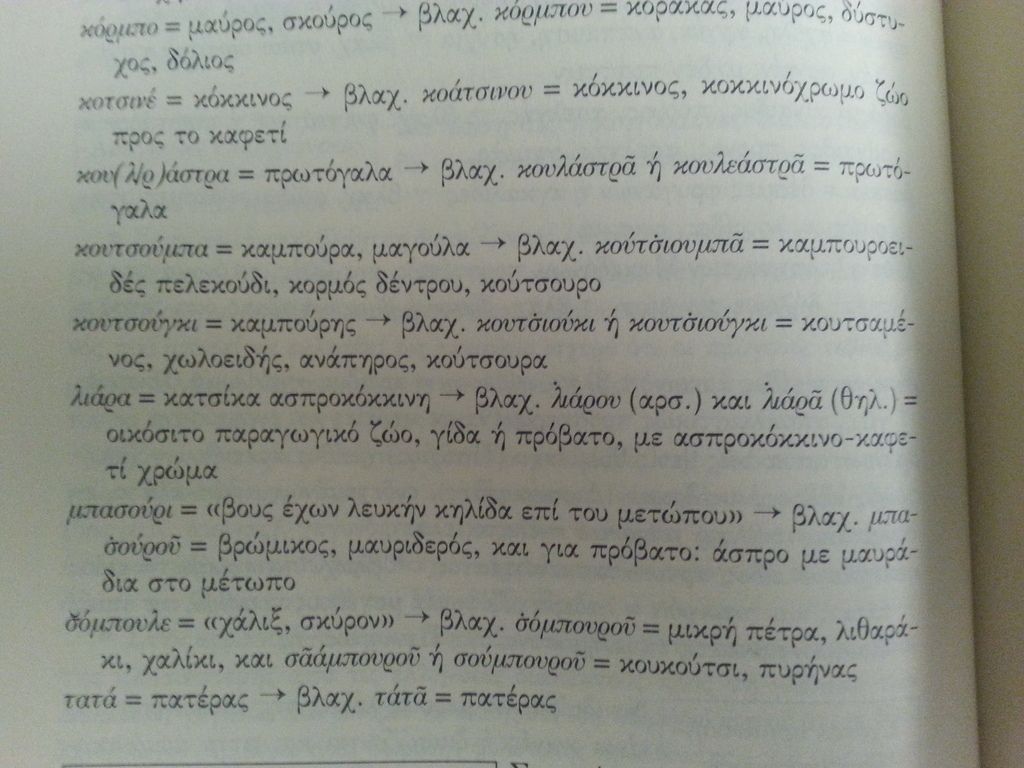

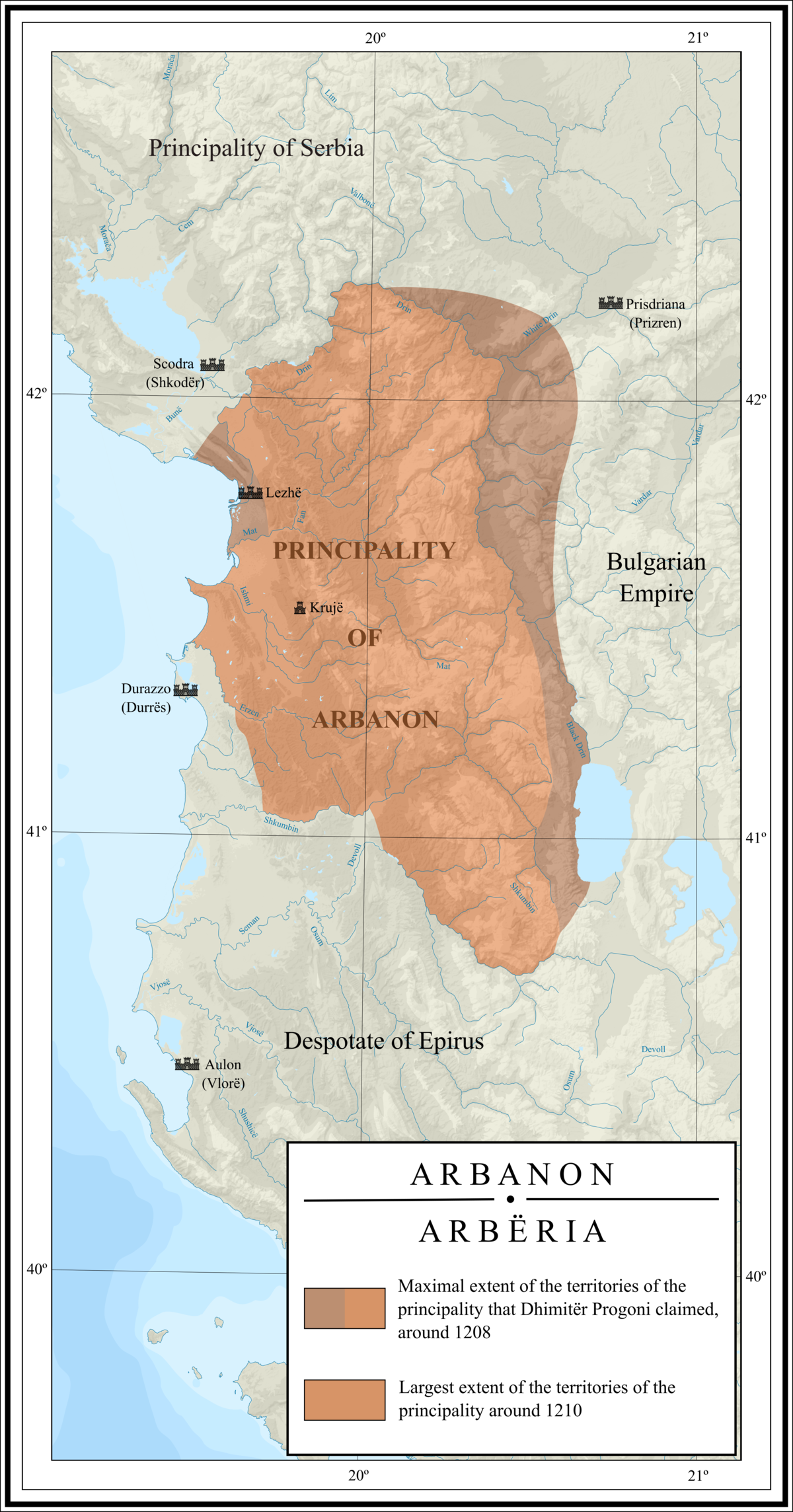
Comment